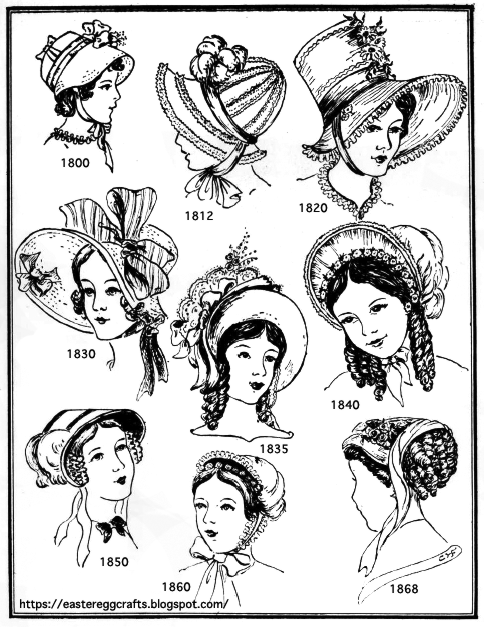Jesus' gift of peace is Himself. He had nothing to give the world save Himself, and greater gift than self no one can give. The world balks at giving self, it bestows favors, offices, emoluments. Jesus gave Himself in His death on the cross. Dying there amid darkness and degradation He made peace, individual peace, possible for the least and lowliest of earth. There are many theories of the atonement, and followers of Christ will never be agreed upon any one of these theories, but the glorious fact of the atonement is not disputable or under debate or question. Says St. Paul‚"He is our peace." By His death there on that central cross Jesus led the way for enduring peace, not only between God and man, but between man and man. The peace councils of the world have not yet learned the way of the cross. Their way is still the way of the sword and that is the way of death and darkness and suffering.
Jesus' gift of Himself is also in life, the life of His free and victorious Spirit through which He abides in every heart which accords Him room. Most gifts lose sooner or later their power to thrill, to interest, to please, but not so this gift of Christ given freely to everyone who will receive Him. Whoso possesses the world's peace will thirst again, but whoso possesses the peace of Christ will never know the necessity for anything better or more satisfying. His is the peace that passes all understanding because of its exquisitely fine quality, its lastingness and satisfying nature.
How impoverished the centuries would be if there were taken from them the lives of many humble and lowly who were filled with the peace of Jesus Christ. As for the mighty men who led in world-movements and helped to change the course of history for the better, Christ's peace ruled their lives. St. Paul knew that peace and it enabled him to establish the Christian faith in hostile communities, testify before kings and queens, and face lion-heartedly brutal mobs bent on putting him to death. Martin Luther knew this peace of Christ and amidst the wildest storms of controversy he stood undaunted and persevering in his mighty tasks. Abraham Lincoln possessed this peace and it taught him patience and kept him calm and sweet when rancor and contumely swirled around him as furious floods swirl around a massive pier.
Oh, ye hosts who know only the world's peace! Go get ye to the upper room and there learn the peace that is pure, just and holy‚ the peace that Christ gives to all; the peace for which a war-scourged world waits. For without His peace all plans and programs of disarmament will be but as some fair dream which vanishes with the morning and cannot be recalled.
















